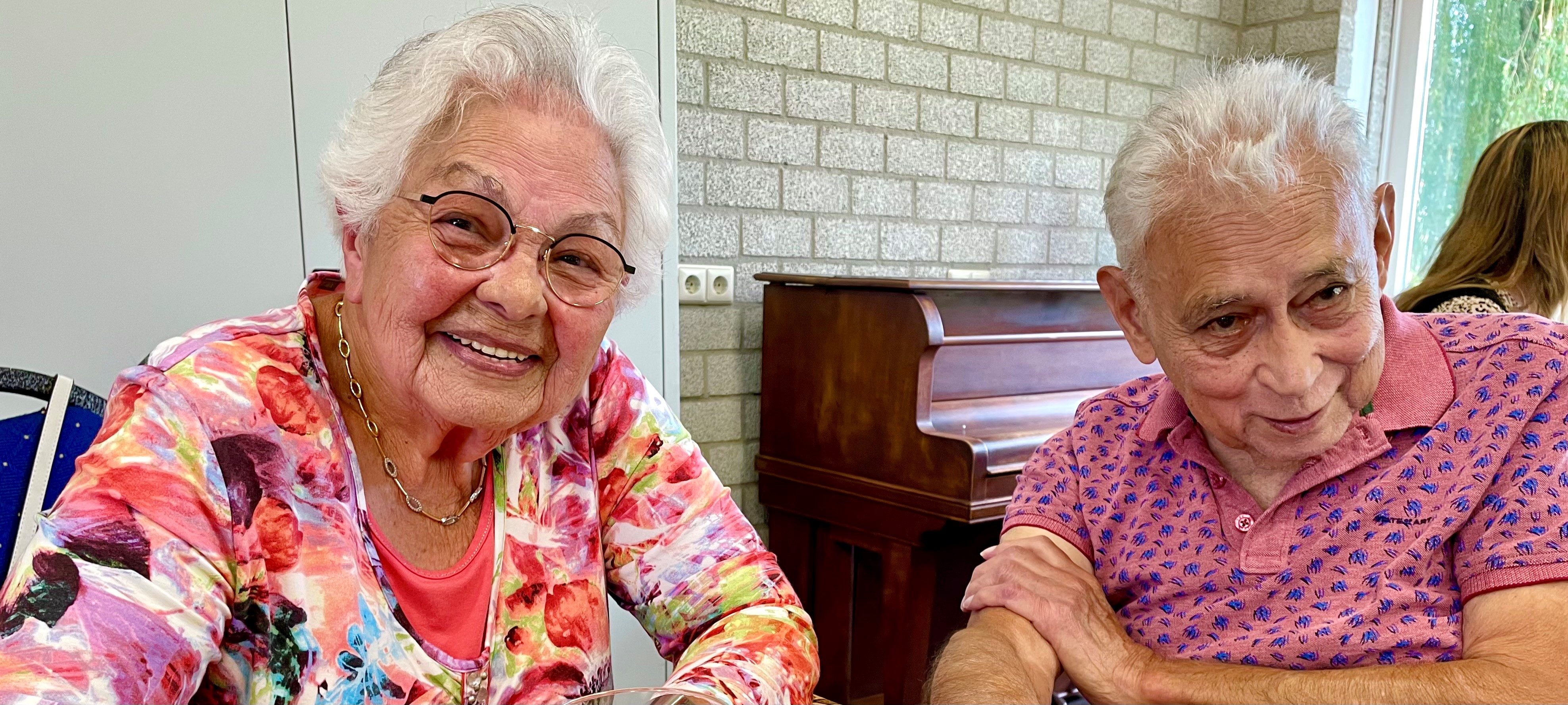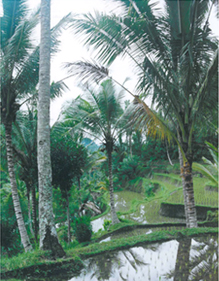Over ons
De stichting kreeg de naam Pelita, naar een olielampje dat in de tropische nachten vaak langs de onverlichte wegen en op de berghellingen als lichtbaken diende.
Pelita neemt de sociale, culturele en historische context als uitgangspunt van de hulp- en dienstverlening. Alleen zo is maatwerk mogelijk. Maatwerk dat gestalte zal krijgen in bij de groep passende diensten en voorzieningen bij een brede Indische welzijnsinstelling.
Algemeen
Het einde van de Tweede Wereldoorlog kwam niet voor iedereen op hetzelfde moment. Voor Nederlanders in Europa was de Tweede Wereldoorlog natuurlijk officieel afgelopen op 5 mei 1945. Voor de inwoners van het voormalige Nederlands-Indië kwam er pas officieel een einde aan de oorlog op 15 augustus 1945. Na deze ‘bevrijding’ volgde een heel chaotische periode voor de Nederlanders, Indo-Europeanen, Molukkers, Chinezen en andere groepen, de zogenaamde Bersiapperiode, die op zijn beurt weer gevolgd werd door de repatriëring. Dit hele proces duurde voort tot ver in de jaren ‘60 van de vorige eeuw en voor velen ging de oorlog eigenlijk nooit voorbij. Het beïnvloedde ook later de sfeer en het opvoedklimaat binnen gezinnen waarin kinderen opgroeiden, of er nu over de gebeurtenissen gesproken werd of niet. Ook voor de naoorlogse generaties bleef de Tweede Wereldoorlog in veel gevallen niet zonder gevolgen.
English introduction
The foundation was named Pelita, after an oil lamp that often served as a light beacon in tropical nights along the unlit roads and on the mountain slopes.
Pelita takes the social, cultural and historical context as the starting point for the aid and services. This is the only way to make customization possible. Customization that will take shape in services and facilities appropriate to the groups and organizations connected with the formerly Dutch East Indies.
General
The end of World War II did not come at the same time for everyone. For the Dutch in Europe, the Second World War officially ended on May 5, 1945. For the inhabitants of the former Dutch East Indies, the war only officially ended on August 15, 1945. After this 'liberation' followed a very chaotic period for the Dutch, Indo-Europeans, Moluccans, Chinese and other groups, the so-called Bersiap period, which in turn was followed by repatriation. This whole process continued well into the 1960s and for many, the war never really ended. It also later influenced the atmosphere and the parenting climate within families in which children grew up, whether the events were talked about or not. The Second World War was also not without consequences for the post-war generations.


